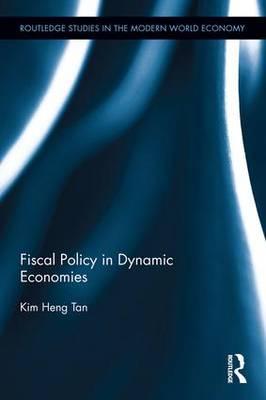Fiscal Policy in Dynamic Economies

Fiscal Policy in Dynamic Economies
This book based on the OLG model fills a gap on fiscal-policy issues in the recent spate of books on overlapping generations.
PRP: 1314.67 Lei
Acesta este Pretul Recomandat de Producator. Pretul de vanzare al produsului este afisat mai jos.
1183.20Lei
1183.20Lei
1314.67 LeiIndisponibil
Descrierea produsului
This book based on the OLG model fills a gap on fiscal-policy issues in the recent spate of books on overlapping generations.
Detaliile produsului









